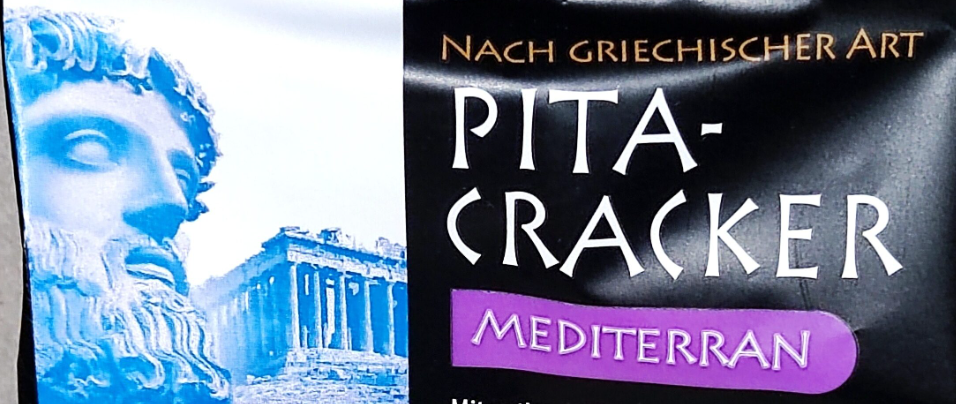NATO was never an defensive alliance, USSR at the time of its forming had no doubt about that, Warsaw Pact was a defensive alliance created explicitly as defense from NATO. And later history proven this to be 100% correct.
PolandIsAStateOfMind
Not even, they dismiss every proof as Kremlin talking point and speak to you from the middle of their capeshit construct where ukronazis are heroes and Russians are mindless orc horde.
I don’t fucking care if he had an outdoor cat


Idk, both China and Russia had been very light on revealing the evil of west.
Exactly this, also this is just the small tip of the iceberg of all human trafficking that happened and is still happening due to destruction of USSR.
Their horus of anger
Over such insignificant thing as, check notes... genocide.
Doom
Bipartisanship
Sense of futility
I wonder how that person can be even considered anything but a rightwing
THIS is capitalism’s “economists”?
Yes, after purging LTV from economics and basing the science on vibes and wishes of capital the downfall was ineviteble. Result is basically a religion.
Horse Dewormer Overdose Ken
He barely managed to crush dissent on tiny New Caledonia, was too short for even the most exploited Sahel states so you can already tell how it would go.
It is probably the only way that Europe will survive and regain any form of competitiveness or sovereignty in the world.
I thought that was the plan, but 2022 revealed how deep Europe is vassalised by the USA. They can still theoretically do it, but it would require shifting the alliances at least 90 degrees on, which is impossible since they failed to even shift 1 degree in the face of blatant sabotage and act of economical war waged on them by the USA.
No.
The true core of Polish nationalism is the messianistic idea of being the forefront of Europe against Asia, as expressed literally from the year 966 onwards and last time expressed greatly by the romanticist poets like Mickiewicz and Słowacki. Bootlicking west was and still is inevitable, and it's clearly seen on many examples though Polish history, current stance on Ukraine being yet another great example.
The second core of Polish nationalism is that there was always much more yelling and saberratling than actions.
Consequence of both is that Poland always was geographically at the forefront, but politically in the tail of the west.












Restoration of USSR from what, 25 comprador banana resource drains US want to turn Russia into?